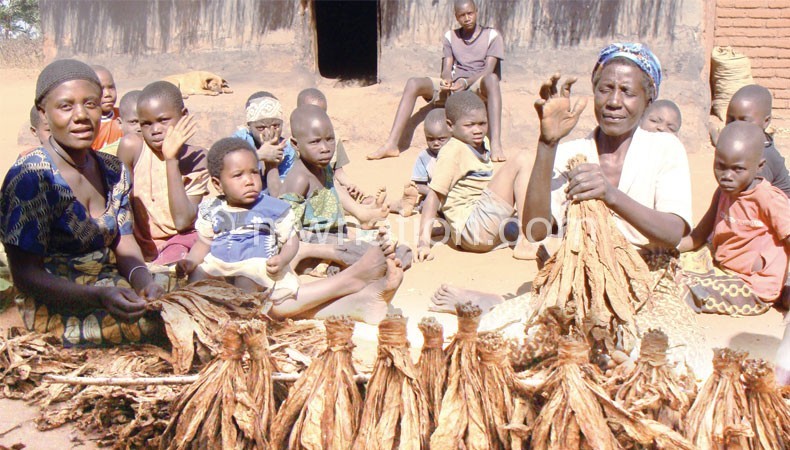Tobacco buyer’s demand down 8 percent— tcc
Tobacco Control Commission (TCC) newly-appointed chief executive officer Albert Changaya has said international tobacco buyers in the 2015/16 season will buy about 177 million kilogrammes (kg) of the leaf.
This means that demand will be eight percent less than 192.6 million kg the country produced in the last growing season.
He said: “The demand that we have received from our customers is about eight percent less than what we had last season. This means farmers have to produce according to [what] the market wants.

“As a regulator, what we do is to align production to demand so that the prices are right. If we overproduce it affects the pricing,” said Changaya in an interview this week.
In the last growing season, farmers exceeded international trade requirement of tobacco, particularly flue-cured, a development that resulted in buyers refusing to buy the crop and, in some cases, buying at depressed prices, way below the set minimum.
As a result of this, earnings from the leaf—Malawi’s main foreign exchange earner—dropped by eight percent to $337 million (about K200 billion) from the previous year’s $366 million (K217 billion).
Changaya said TCC is currently engaging buyers and farmers to find a lasting solution to the problems the market faces, particularly on pricing.
He said as a high-yielding crop and, as an enterprise, it means farmers expect to profit from the crop.
He said the tobacco industry needs to be self- sustaining and to achieve that there is need to engage all players in the industry.
“The current problems facing tobacco is low prices, poor quality and high rejection rate. I am working to ensure that we align production with demand,” said Changaya, who once worked at Agriculture Research and Extension Trust (Aret), a tobacco research institution based in Lilongwe. n





